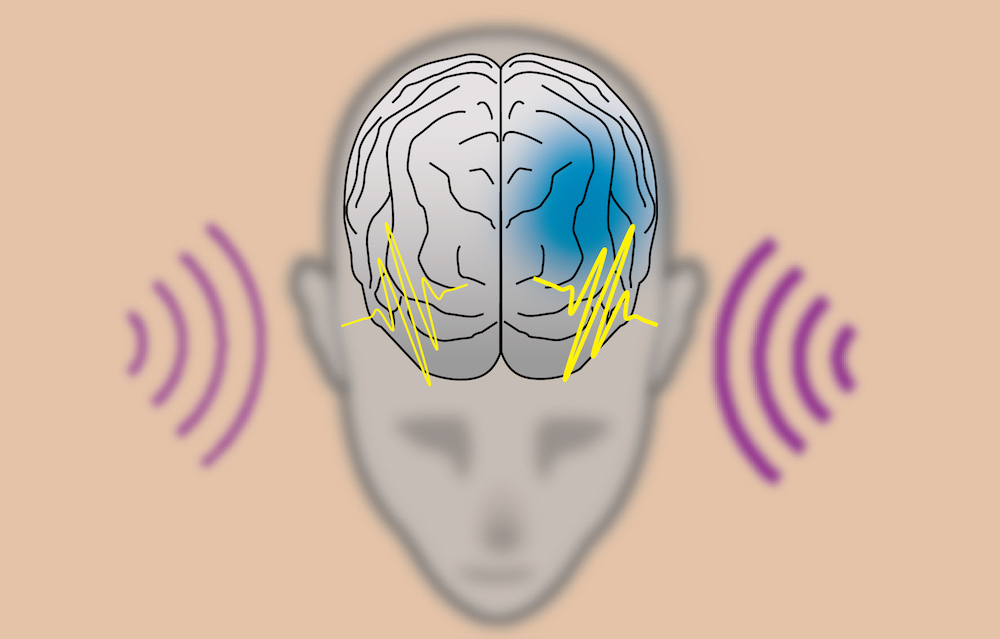Blackmorec; yes very true.
In fact, I have noticed the very same phenomenon of where everything is mushed up together on mediocre stuff. As if all tunes are coming from one spot with no spatial information at all. Then there's the loudness/ compressed material where some are not easy to listen to compared to a few others.
Recently I purchased just one of those Venus labels comprising of Bill Charlap Trio. From the first note onwards it came through with a real blast! I had turned down the preamp but it was still always loud right throughout... I'm not sure why it was intended this way and recorded on some format called Hyper something, whatever it was, it was Hyper alright! It was as if his Trio had just drunk a 1Ltr can of Red Bull!
I was just wondering if the Rec Engineer intended to increase the resolution factor and by mistake increased the overall loudness subsequently, I don't know.
Maybe he was trying to achieve improvements in other areas, such as clarity and definition. However, the actual music is good. Bill's Trio are capable of some great tunes, so at the moment leaving aside those other flaws, at least I'm enjoying his tunes.
Cheers, RJ
In fact, I have noticed the very same phenomenon of where everything is mushed up together on mediocre stuff. As if all tunes are coming from one spot with no spatial information at all. Then there's the loudness/ compressed material where some are not easy to listen to compared to a few others.
Recently I purchased just one of those Venus labels comprising of Bill Charlap Trio. From the first note onwards it came through with a real blast! I had turned down the preamp but it was still always loud right throughout... I'm not sure why it was intended this way and recorded on some format called Hyper something, whatever it was, it was Hyper alright! It was as if his Trio had just drunk a 1Ltr can of Red Bull!
I was just wondering if the Rec Engineer intended to increase the resolution factor and by mistake increased the overall loudness subsequently, I don't know.
Maybe he was trying to achieve improvements in other areas, such as clarity and definition. However, the actual music is good. Bill's Trio are capable of some great tunes, so at the moment leaving aside those other flaws, at least I'm enjoying his tunes.
Cheers, RJ









